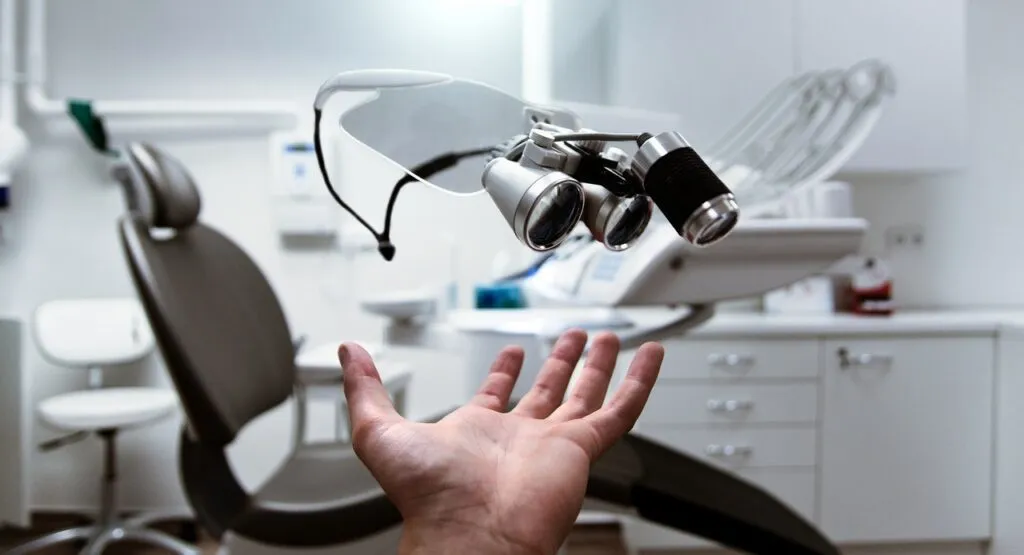Vision impacts nearly every aspect of your life, yet it’s easy to neglect regular checkups for your eyes. They provide an opportunity to catch vision changes and underlying conditions before they become more serious. Here’s how eye exams help you see better and also play a significant role in detecting health issues early:
Detecting Diseases Early
Eye diseases typically develop without noticeable symptoms, especially in their early stages. Regular eye exams allow for the timely detection of conditions, such as:
- Glaucoma: Glaucoma progresses with limited or no warning signs. During an exam, your eye pressure and optic nerve are evaluated to identify potential issues early on.
- Macular Degeneration: This condition, which primarily affects older adults, can lead to loss of central vision if left undiagnosed. Modern diagnostic tools in exams can detect subtle changes to the retina.
- Cataracts: Cataracts and retina-related complications also benefit from early identification, enabling preventive care or treatment to avoid more severe consequences.
Addressing these issues early can prevent prolonged damage, preserving your vision for years to come.
Correcting Vision Problems
Blurry vision or frequent headaches may signal the need for corrective eyewear, such as glasses or contact lenses. An eye exam helps pinpoint the root of common vision problems, such as nearsightedness, farsightedness, or astigmatism. Updated prescriptions pave the way for clearer vision, allowing you to enjoy everyday tasks like reading, driving, or working without strain.
Monitoring Overall Health
What many don’t realize is that eye exams also offer a window into your overall health. Optometrists and ophthalmologists may identify underlying health conditions during routine examinations. Diabetes can be detected through changes in the blood vessels of the eye. Certain autoimmune diseases can initially manifest with inflammation or other signs noticeable in your eyes. Eye exams provide valuable insight that can lead to early diagnosis and management of these broader health concerns.
Enhancing Daily Tasks
Good vision influences your ability to work, connect with loved ones, and experience life’s moments clearly. Many eye conditions are treatable when caught early. Improved vision typically leads to better productivity, reduced eye strain, and increased comfort in daily activities. A simple yet overlooked benefit is improved night vision. With the proper care or prescriptions, tasks like driving after dark may become much safer. By addressing small concerns proactively, you can work on improving your overall quality of life.
Planning an Exam
Understanding how an eye exam works helps many stay prepared. Here’s a brief look at what you’ll walk through:
- Vision tests examine your ability to see at different distances. The classic “eye chart” evaluation is just one part of this process.
- Eye health evaluation checks your retina, optic nerve, and eye pressure. Whether the tests involve a light scope or puff of air, they’re quick and straightforward.
- For those with existing prescriptions, the exam includes a test to check if your glasses or lenses need adjustments.
By routinely scheduling these evaluations, you position yourself to address any potential concerns right away.
Find an Optometrist for Regular Eye Exams
Eye exams provide numerous benefits, some of which you might not expect. They may unlock insights into your overall health, detect diseases before they progress, and help you participate fully in daily life. Make an appointment today and start prioritizing your eye health.
- Zirconia Cap Price: Estimated Cost & Its Long-Term Benefits
- FREHF – The Revolutionary Future Of Human-Centered Technology!
- Adsy.Pw/Hb3 – Boost Your SEO And Drive More Traffic!
- Fitness Based Vacations By Timeshealthmage.com!
- TimesHealthMag Tips For Improving Sleep Quality – Expert Advice For Better Rest!


Leave a Reply